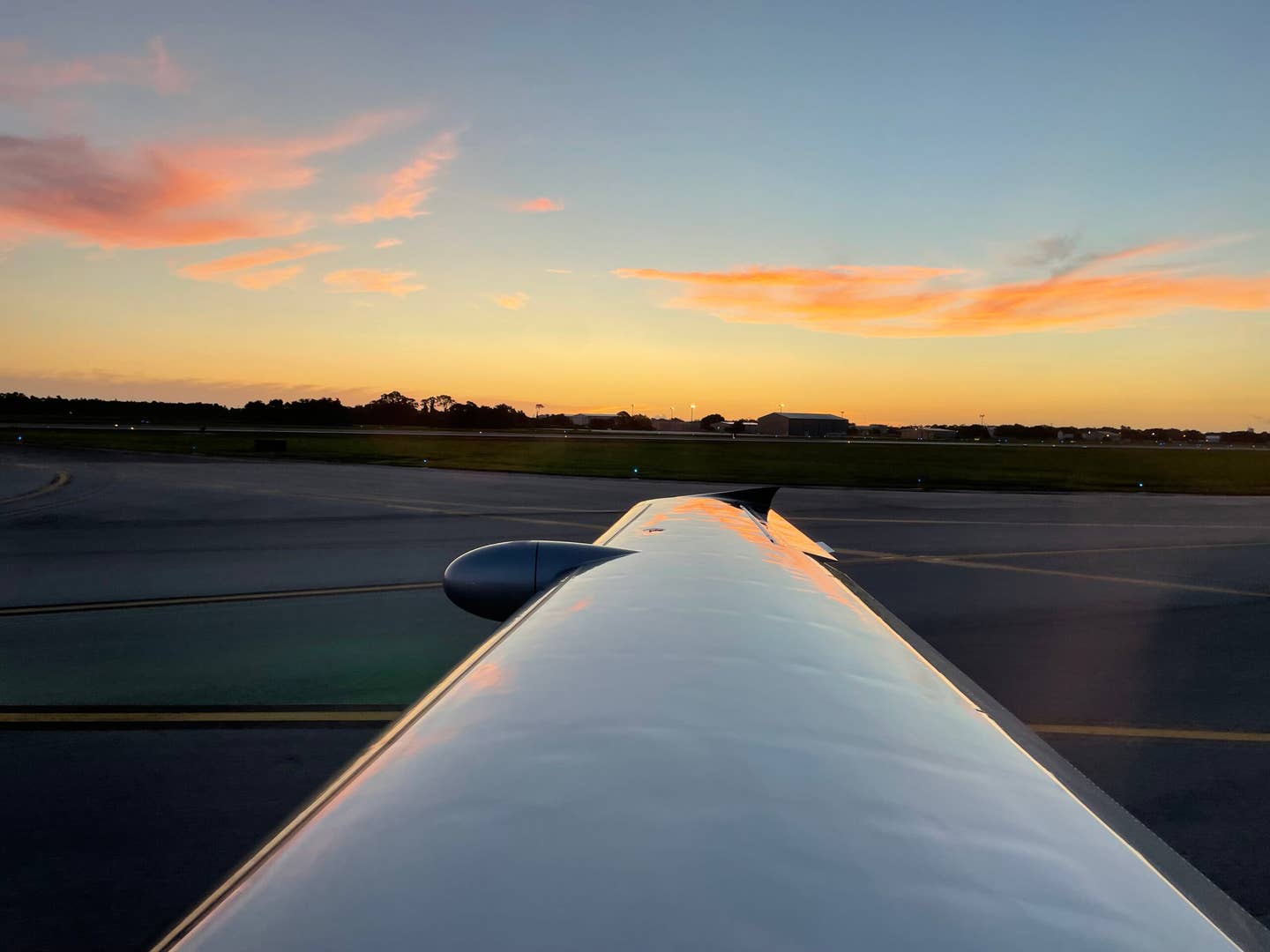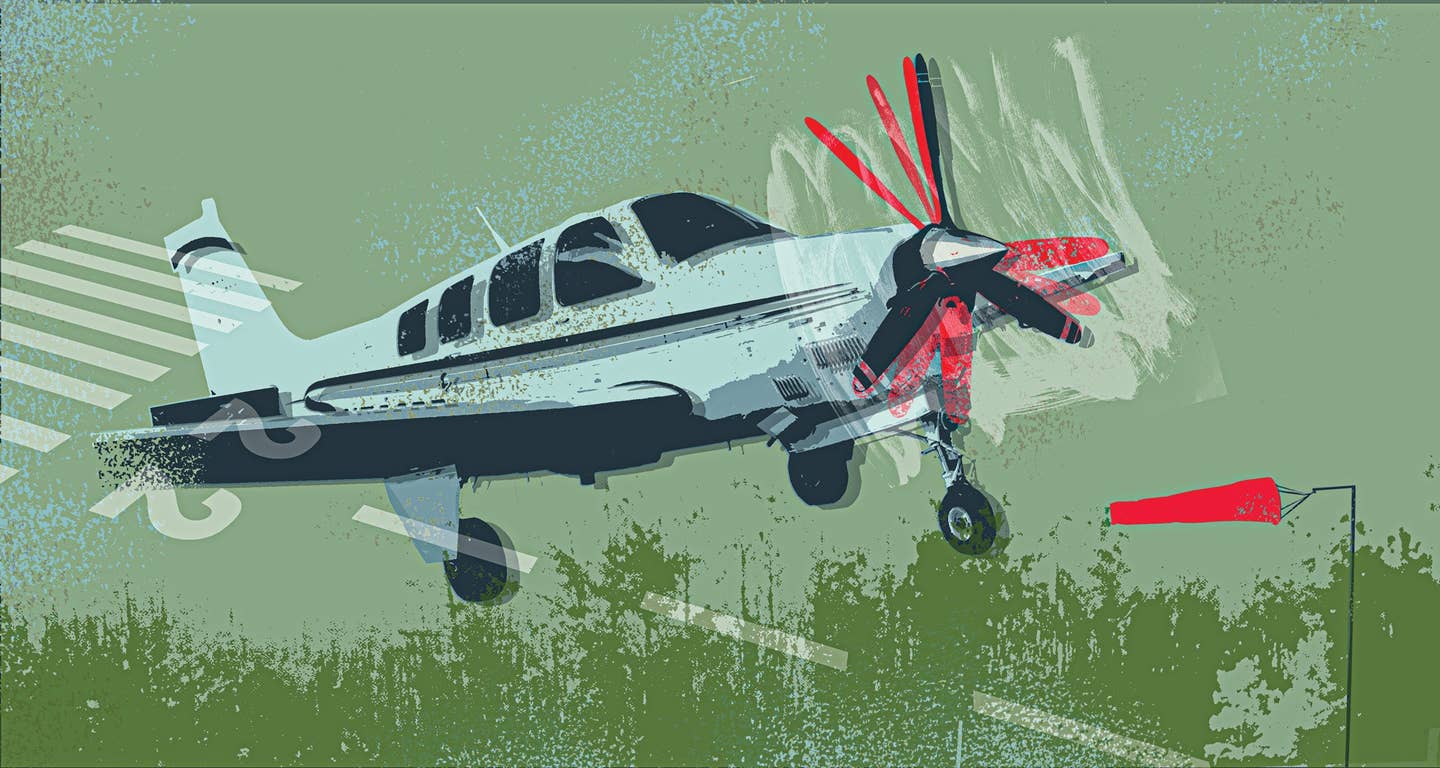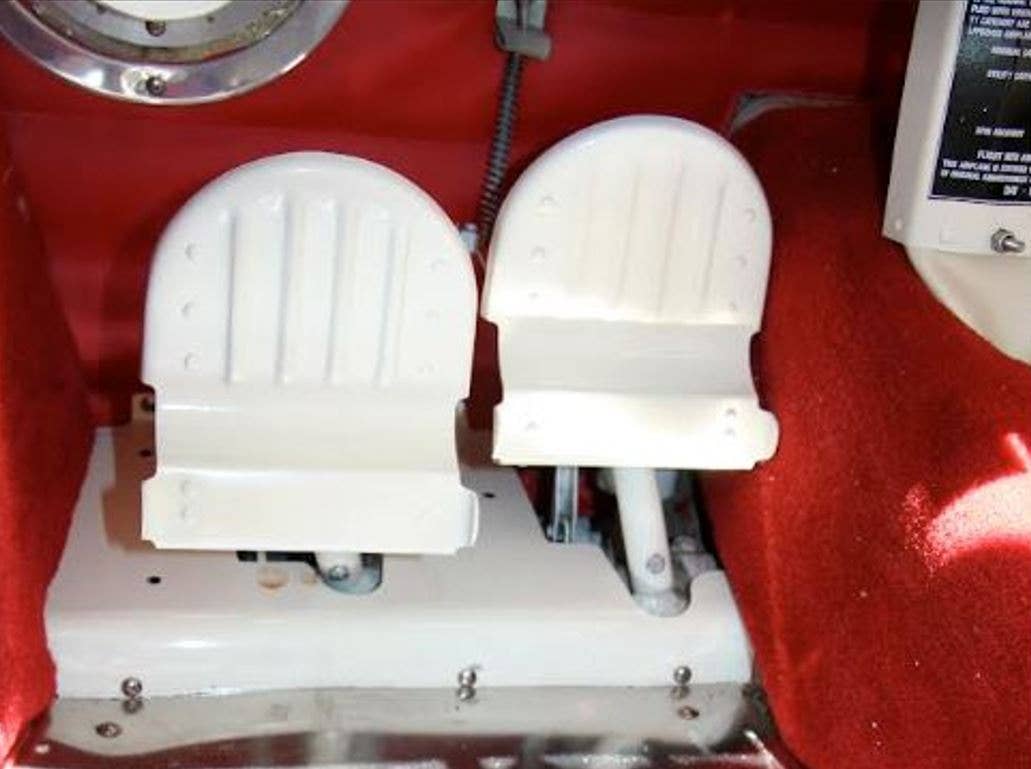Should You Add Flaps Mid-Takeoff on a Short Runway?
A CFI says it’s best to fall back on the pilot’s operating handbook.

Many aircraft call for an initial flap setting prior to beginning the takeoff roll to create more lift at the given airspeeds. [Credit: Julie Boatman]
Question: When departing on a short runway—and since flaps produce drag—would it be wrong to wait until you have "enough" speed and then deploy flaps?
Answer:
The short answer is it would be wrong to add flaps during the takeoff roll for a normal short-field takeoff. Is that what the pilot's operating handbook (POH) or aircraft flying manual (AFM) says to do? If the answer is no, then don't do it. The procedures as published in the POH/AFM (flaps at a specific setting prior to the beginning of the departure roll, as well as VX and VY speeds) were established by the aircraft manufacturer for best results.
Please remember that flaps, when set to a percentage less than half of what is available, add more lift than drag—which is why the POH/AFM will indicate when they are appropriate for a short field takeoff. Adding flaps during the takeoff roll would likely be distracting and could be disastrous for many pilots.
Note the aircraft configuration when you consult the aircraft performance charts in the POH/AFM. Use the charts to determine the distance required for takeoff, and just to be safe, give yourself a distance margin of 50 percent, so for example if the chart indicates you will lift off in 1,023 feet, plan for 1,534 feet.
Position the aircraft on the runway allowing for use of every inch. This may mean the main wheels are on the pavement and the tail is over (or in) the weeds. Verify the aircraft is configured for a short field takeoff as indicated in the POH/AFM, meaning the appropriate flap setting. Standing on the brakes, bring the throttle up, adjusting mixture as needed for maximum power. Release the brakes. As the aircraft moves down the runway, note when the airspeed is “alive.” When rotation speed is achieved—and not before—lift off. Pitch for VX to clear obstacles. When you are safely above the obstacles, at a positive rate of climb, lower the nose to accelerate to VY, then raise the flaps incrementally to continue climbout at VY.
Do you have a question about aviation that’s been bugging you? Ask us anything you’ve ever wanted to know about aviation. Our experts in general aviation, flight training, aircraft, avionics, and more may attempt to answer your question in a future article.

Subscribe to Our Newsletter
Get the latest FLYING stories delivered directly to your inbox






